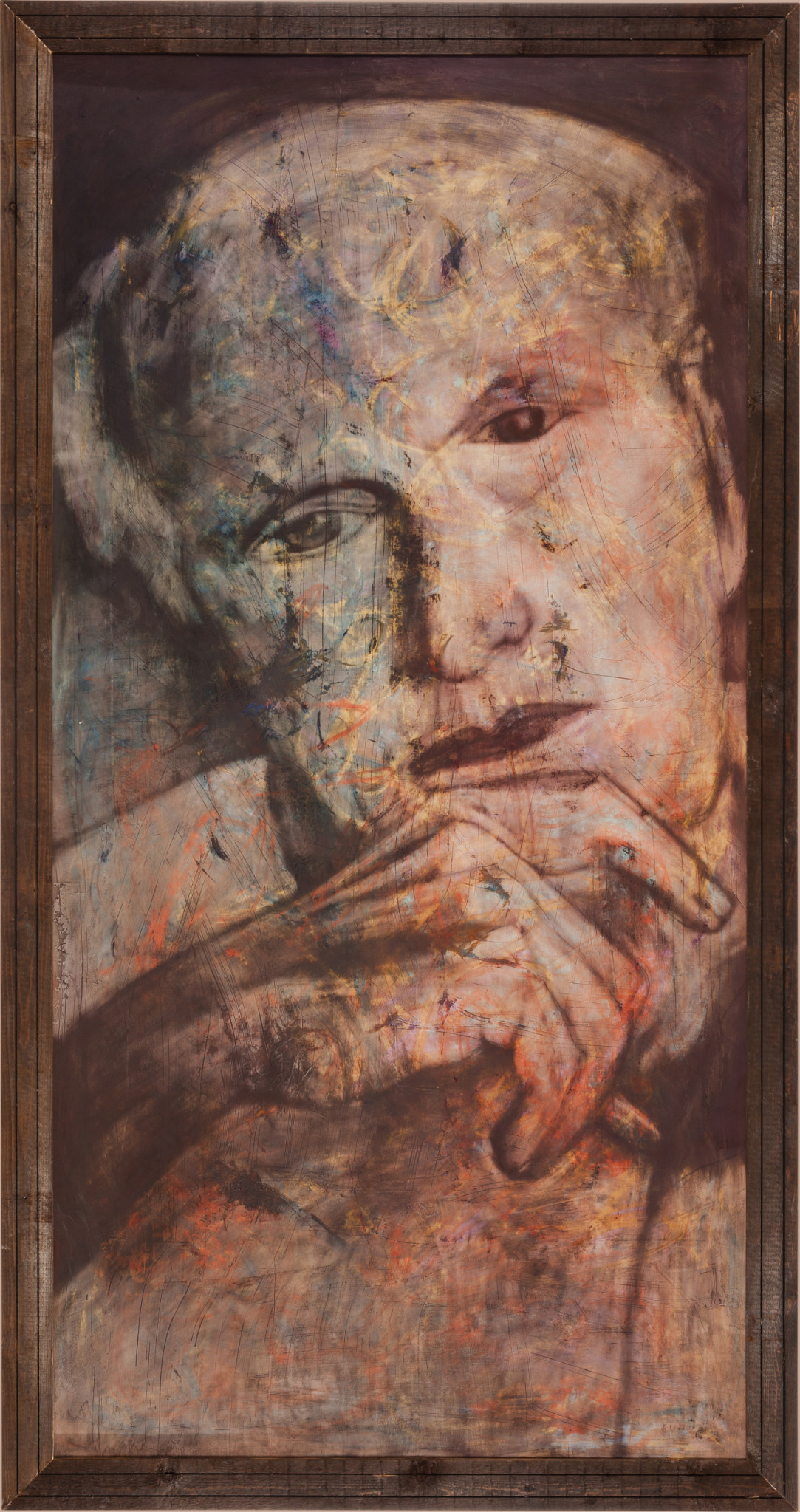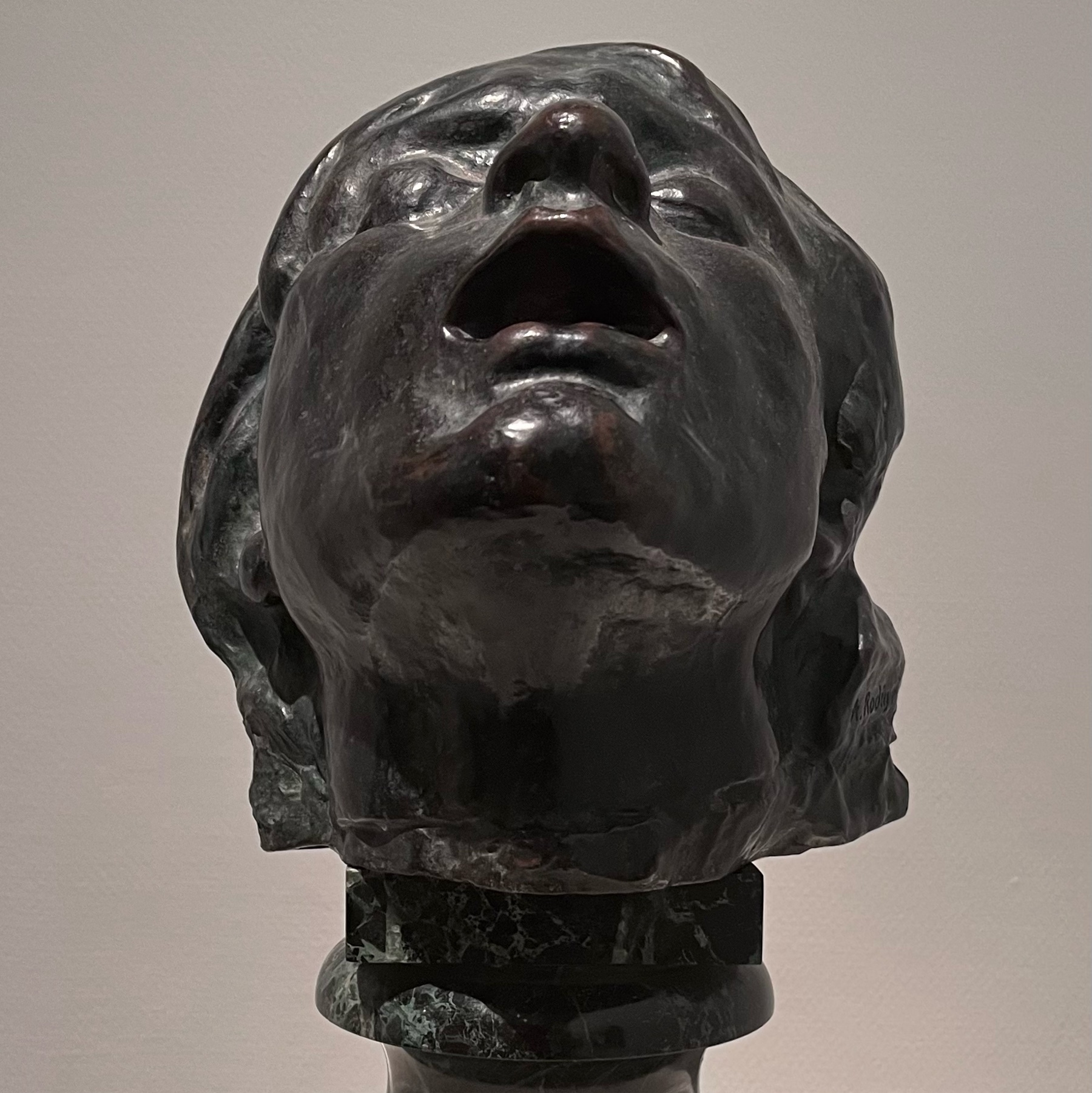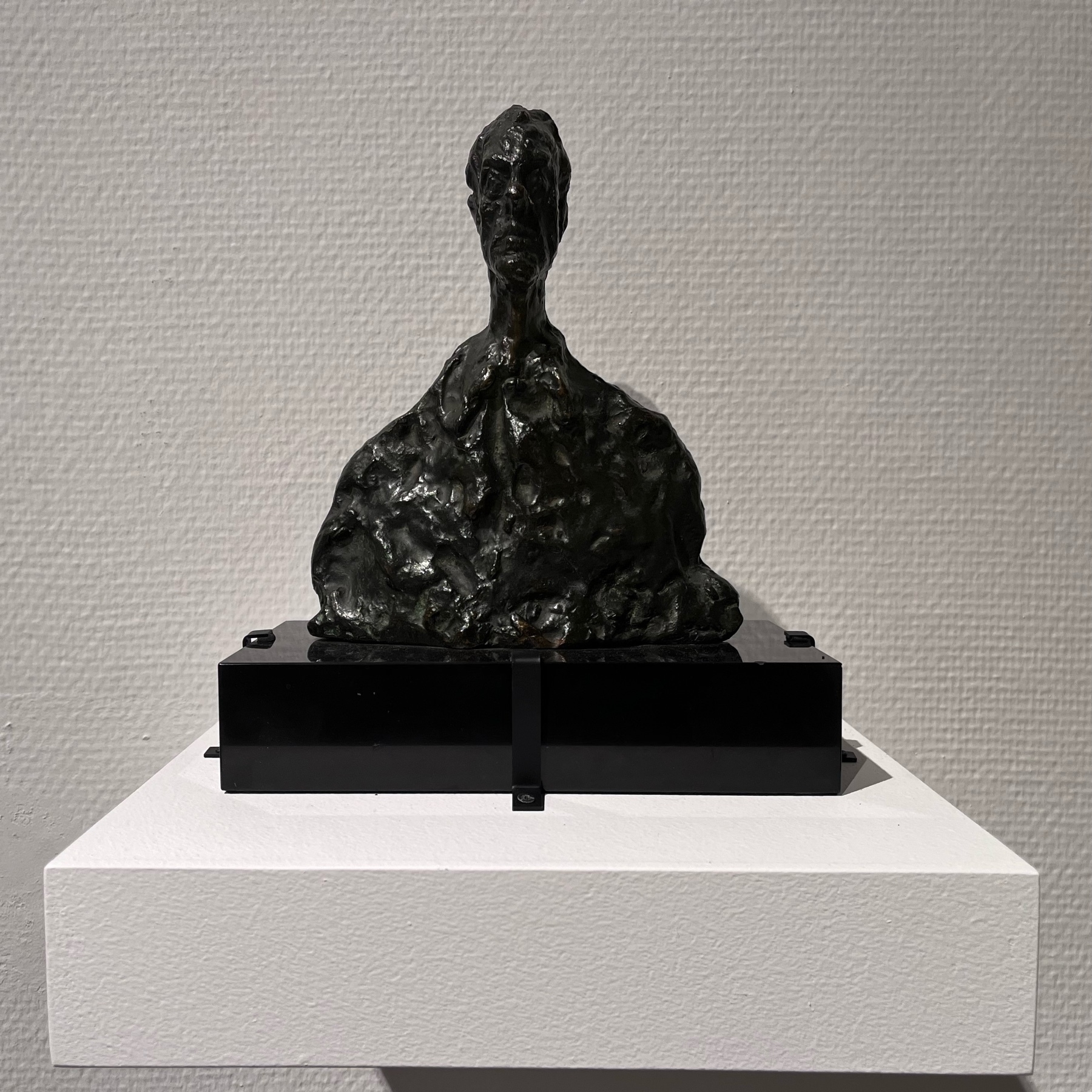More or Less Complete Rubbish
From Erwin Chargaff’s (1986) Serious Questions (Soon at IWP Books): I know many people who, besides listening to the radio, spend at least three hours a day before the television set. That means that they spend nearly one month and a half in a year on this form of amusement. If they do that for fifty years, they have expended six and a quarter years of their lives sitting before that box, imbibing more or less complete rubbish.



